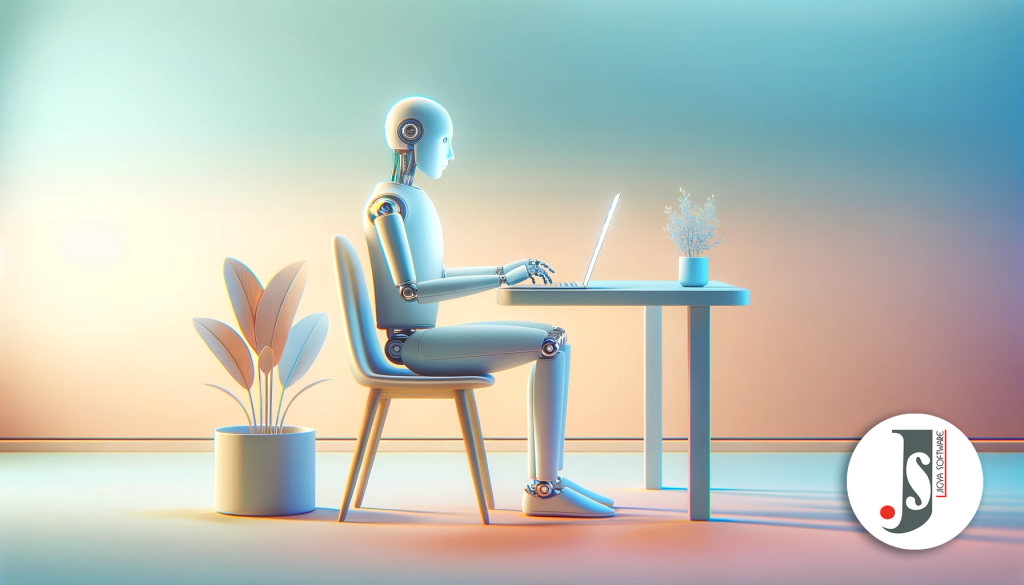Introduction
In the rapidly evolving digital landscape, Artificial Intelligence has become a cornerstone in transforming how content is created and disseminated online. Businesses and content creators are increasingly turning to AI tools to streamline production and enhance engagement. However, as AI’s footprint in content creation grows, it prompts a crucial question: Is AI-generated content detrimental to the quality and credibility of your website? Let’s explore the multifaceted impact of Artificial Intelligence on web content.
The Rise of AI in Content Creation
AI technologies, especially those equipped with advanced machine learning capabilities, are revolutionizing content generation. These tools can produce vast amounts of text, graphics, and multimedia content swiftly, addressing the insatiable demand for fresh, relevant content. For websites struggling to keep up with content demands, AI offers a tempting solution to fill the gaps.
The Benefits: Efficiency and Scale
The primary allure of AI-generated content lies in its efficiency. Tools like OpenAI’s GPT and similar platforms can draft articles, reports, and even technical content within minutes, significantly reducing turnaround times. Moreover, AI’s ability to analyze large data sets allows for content personalization at scale, potentially increasing user engagement and satisfaction. Learn more about our innovative solutions at Jigya Software Services.
The Drawbacks: Loss of Personal Touch
Despite these advantages, reliance on AI-generated content can come at a significant cost. One of the most glaring issues is the potential erosion of authenticity. AI-generated articles may lack the nuanced understanding and personal touch that human writers bring to their content. This can result in a homogeneous content landscape where distinct voices and deep expertise are diluted.

Impact on SEO and User Engagement
From an SEO perspective, AI-generated content can be a double-edged sword. While Artificial Intelligence can optimize articles to hit certain keyword targets and follow SEO best practices, search engines like Google are continually updating their algorithms to prioritize high-quality, original content. Overreliance on AI can lead to content that, while SEO-optimized, may lack depth and fail to resonate with real human experiences, leading to poorer user engagement and bounce rates.
Ethical Considerations and Brand Reputation
The ethical implications of using Artificial Intelligence in content creation cannot be overstated. Misuse of these tools can lead to misinformation, with the Artificial Intelligence possibly generating inaccurate or biased content if not properly supervised. Furthermore, the transparency of Artificial Intelligence use is crucial; failing to disclose that content is AI-generated may mislead users and damage a brand’s reputation if discovered. Visit Orpine to know more about the latest tech in IT.
A Balanced Approach: The Human-AI Collaboration
To harness the benefits of Artificial Intelligence without compromising on quality, a balanced approach is vital. Human oversight is essential to ensure that AI-generated content adheres to ethical standards and maintains a genuine connection with readers. Integrating human creativity with Artificial Intelligence efficiency can lead to innovative content strategies that respect and enhance the user experience. Consider joining our team to help shape the future of AI in content creation at Jigya Careers.
Conclusion
AI-generated content is not inherently detrimental to your website, but its impact depends heavily on how it is used. Balancing Artificial Intelligence efficiencies with human oversight ensures that your website remains a credible and engaging space. As we navigate this new era, the key to success lies in leveraging Artificial Intelligence responsibly, ensuring it complements rather than supplants the human element that remains at the heart of compelling content creation.


